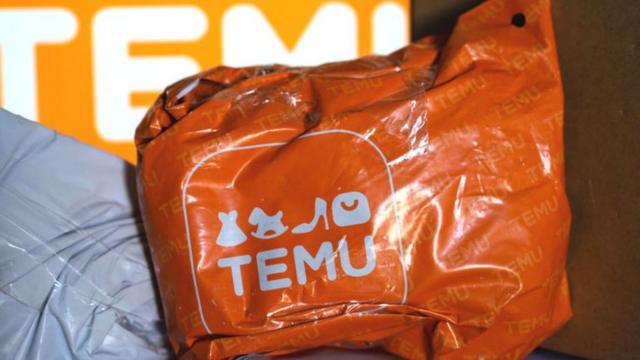Chinese e-commerce sites Temu and Shein are revolutionizing the air transport market, sending the equivalent of 88 Boeing 777s around the world every day. This high volume has increased transportation prices, but companies are “adapting” to these costs to expand around the world.
Niall van de Woo, director of air transport at Zeneta Logistics, says he had not heard of Timo until nine months ago. Today, along with Shein, Temu is in such high demand that it has changed global trade routes and created a freight crisis in the air transport sector, Forbes reports.
Temu and Shein differentiate themselves by selling products manufactured directly by Chinese companies, avoiding intermediaries and well-known American brands, which allows them to offer lower prices. However, to get products to customers quickly, these companies rely heavily on air transportation, together they ship about 9,000 tons of goods daily.
This increase in demand has increased air transport rates to almost unprecedented levels. In May, the average air freight price from southern China to the United States was about 4.37 euros per kilogram, more than double the value in 2019.
Some logistics companies, such as Atlas Air, are adding more flights to meet the increase in demand. Airlines such as Korean Air are also benefiting from this trend, strengthening partnerships and allocating more capacity on major routes.
The growth of Temu and Shein's operations has also impacted global shipping lanes. New sea and air routes were created, changing traditional trade patterns and increasing transportation prices.
Despite the high costs, Shein and Temu still offer free shipping on orders above a certain value, and are absorbing the costs to accelerate their growth. However, in the medium and long term, companies can look for ways to reduce costs, including expanding their logistics networks.
As the holiday season approaches, transportation companies are concerned about high demand. Brian Burke, commercial director at SEKO Logistics, asks, according to the same source: “If we are like this now and it is the beginning of May, imagine what it will be like in September, October, November and December?”

“Wannabe internet buff. Future teen idol. Hardcore zombie guru. Gamer. Avid creator. Entrepreneur. Bacon ninja.”

